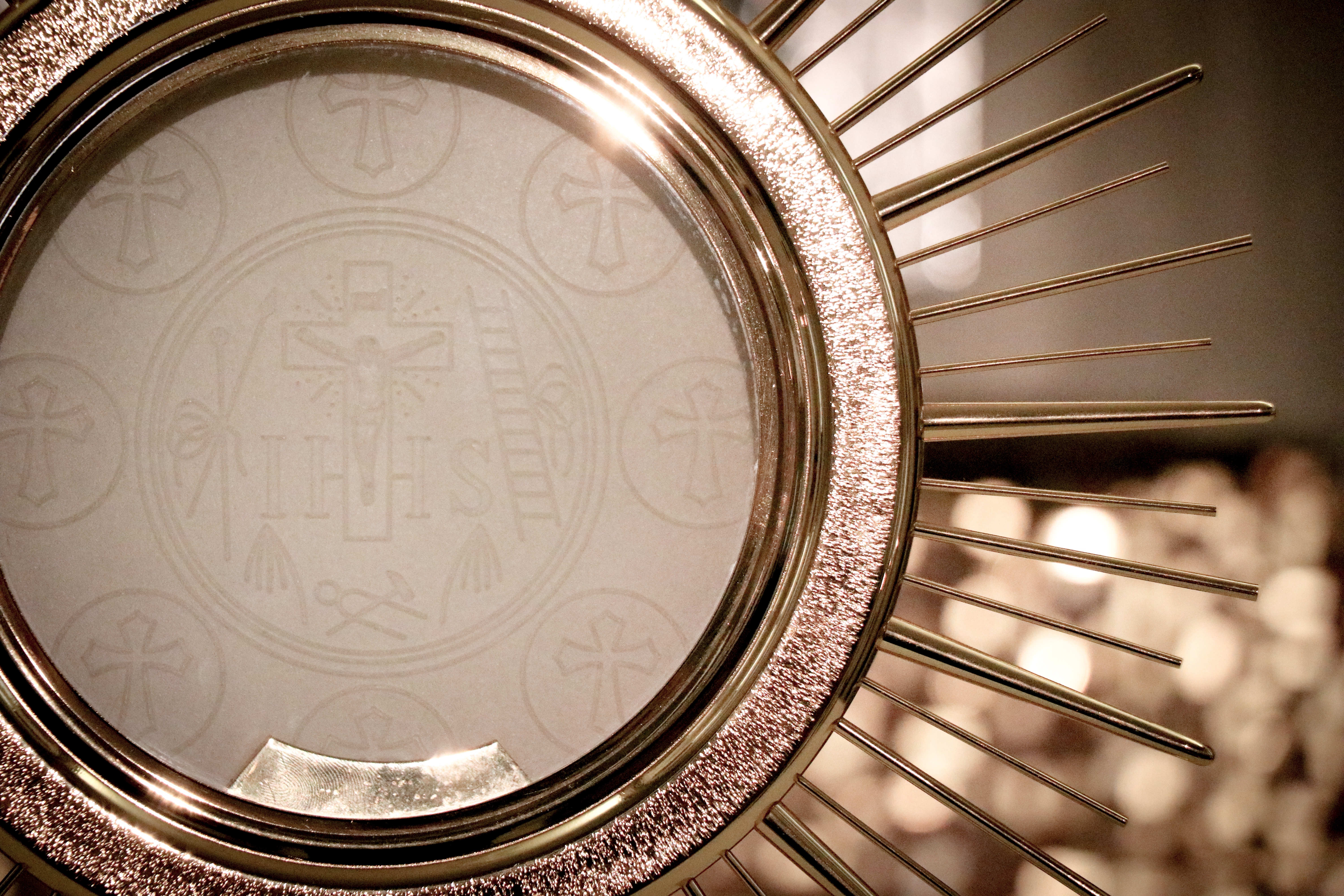As with Lent itself, our readings today are sobering. We might not recognize it at first, focusing instead on the message of hope: “If the wicked man turns away from all the sins he committed … he shall surely live, he shall not die”; “For with the Lord there is kindness and with him plenteous redemption” (Ezek. 18:21; Ps. 130:7). That message is real, but to truly appreciate it we first need to understand the more difficult message.
Jesus says in the Gospel that our righteousness must surpass that of the scribes and Pharisees, and that even saying so much as “You fool” merits the fires of Gehenna. Speaking through Ezekiel, God says that if the righteous man turns back to iniquity, he will surely die. We hear at one and the same time that God judges sin harshly, expecting perfection from us, and also that He is merciful and does not desire the death of the wicked.
Both are true, and this is the drama of Lent and the drama of the Christian life. God makes demands of us and issues commandments, and He expects us to live up to the call. The Ten Commandments are difficult for sinful man. Despite this, Jesus raises the standard in the Sermon on the Mount. The Sermon is summarized by His stark injunction: “Be perfect, just as your heavenly Father is perfect” (Matt. 5:48). These are not idle words!
But who can live up to this? “If you, O Lord, mark iniquities, who can stand” (Ps. 130:3)? No one, really. Through our sin, even through something so apparently small as yielding to wrath, we merit the fires of hell. We choose a finite good over the infinite, often knowing exactly what we do. But that is not the end of the discussion.
Christ comes to redeem, and His words are not idle when He speaks of this side of the drama. “Come to me, all you who labor and are burdened, and I will give you rest” (Matt. 11:28). Our Lord gives us humanly unattainable demands, but He provides us with divine grace, the life of God in our souls.
How can we access this grace? Generally, by remaining close to Jesus and by turning from sin. This is what we hear at the beginning of Lent: Repent! We are sinners, and we do not deserve heaven. Yet, life is open to us if we turn away from sin and keep the Lord’s statutes. We ought to seek forgiveness and follow the Commandments, Beatitudes, and the other teachings of God.
More specifically, we need to stay close to the seven sacraments and the sacramentals (holy water, blessed objects, etc.). Jesus Christ instituted the sacraments as the means of incorporation into Himself. This means that He intended us to receive Baptism, go to Confession frequently, and receive the Eucharist in order to be saved. “Whoever believes and is baptized will be saved; whoever does not believe will be condemned” (Mark 16:16).
It is through the sacraments and the Sacrifice of the Mass especially that we are so incorporated into Christ as to share in His claim to heaven. Through the sacraments we are cleansed of our sins, receive God’s life in us, and are equipped to avoid sinning and live a life of holiness in the future. Let us take advantage of these great graces during the season of Lent, and throughout the drama of our Christian lives.
 David Dashiell is a freelance writer, editor, and proofreader based in the Pittsburgh, Pennsylvania area. His writing has been featured in Crisis Magazine and The Imaginative Conservative, and his editing is done for a variety of publishers, such as Sophia Institute and Scepter. He can be reached at ddashiellwork@gmail.com.
David Dashiell is a freelance writer, editor, and proofreader based in the Pittsburgh, Pennsylvania area. His writing has been featured in Crisis Magazine and The Imaginative Conservative, and his editing is done for a variety of publishers, such as Sophia Institute and Scepter. He can be reached at ddashiellwork@gmail.com.
Feature Image Credit: Santiago Mejía LC, https://www.cathopic.com/photo/10071-pan-vida

